Conclavoscope - Cardinal Thomas Christopher Collins
Cardinal Profile and Assessment
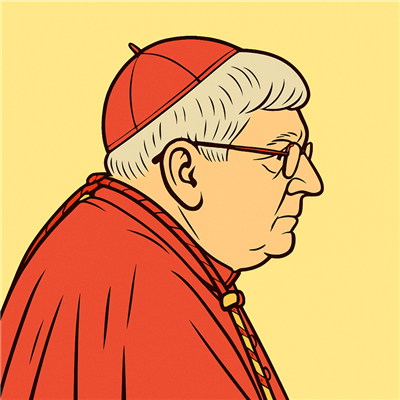
Canadian cardinal, Archbishop Emeritus of Toronto, known for his conservative positions on issues of moral doctrine and his commitment to defending religious freedom.
| Criterion | Tendency |
|---|---|
| Moral doctrine | Very conservative |
| Liturgy | Conservative |
| Sociopolitical | Moderately conservative |
| Relationship with Pope Francis | Moderately conservative |
| Dialogue | Centrist |
| Communication | Centrist |
| Overall tendency | Conservative |
Cardinal Collins has consistently upheld traditional Catholic teachings on moral issues. He publicly opposed the Canadian government's requirement for organizations to affirm support for abortion rights to receive funding, emphasizing the sanctity of life. Additionally, he criticized a Catholic school board for barring the reading of Catechism passages related to same-sex attraction, reinforcing his commitment to orthodox doctrine.
Cardinal Collins places significant emphasis on traditional liturgical practices. His pastoral letters, such as 'The Eucharist,' delve deeply into the traditional understanding of the sacrament, highlighting its sacrificial and communal aspects. His liturgical approach reflects a deep reverence for established rites and teachings.
While Cardinal Collins has shown concern for social issues, his approach is rooted in traditional Catholic values. He has advocated for palliative care over euthanasia, emphasizing the dignity of life. His public statements often reflect a cautious engagement with sociopolitical matters, prioritizing doctrinal consistency.
Cardinal Collins has maintained a respectful relationship with Pope Francis. While he has not been at the forefront of promoting the Pope's reforms, he has participated in synods and upheld the Pope's directives, reflecting a moderate alignment with the current papacy.
Under Cardinal Collins' leadership, the Archdiocese of Toronto has fostered interreligious dialogue through dedicated offices and initiatives. His support for these programs indicates a commitment to engaging with diverse religious communities, aligning with broader Church efforts towards ecumenism.
Cardinal Collins is known for his thoughtful and measured communication style. His pastoral letters and public addresses often focus on deep theological reflections, aiming to educate and inspire the faithful. While not overtly media-centric, his communication reflects a pastoral sensitivity.
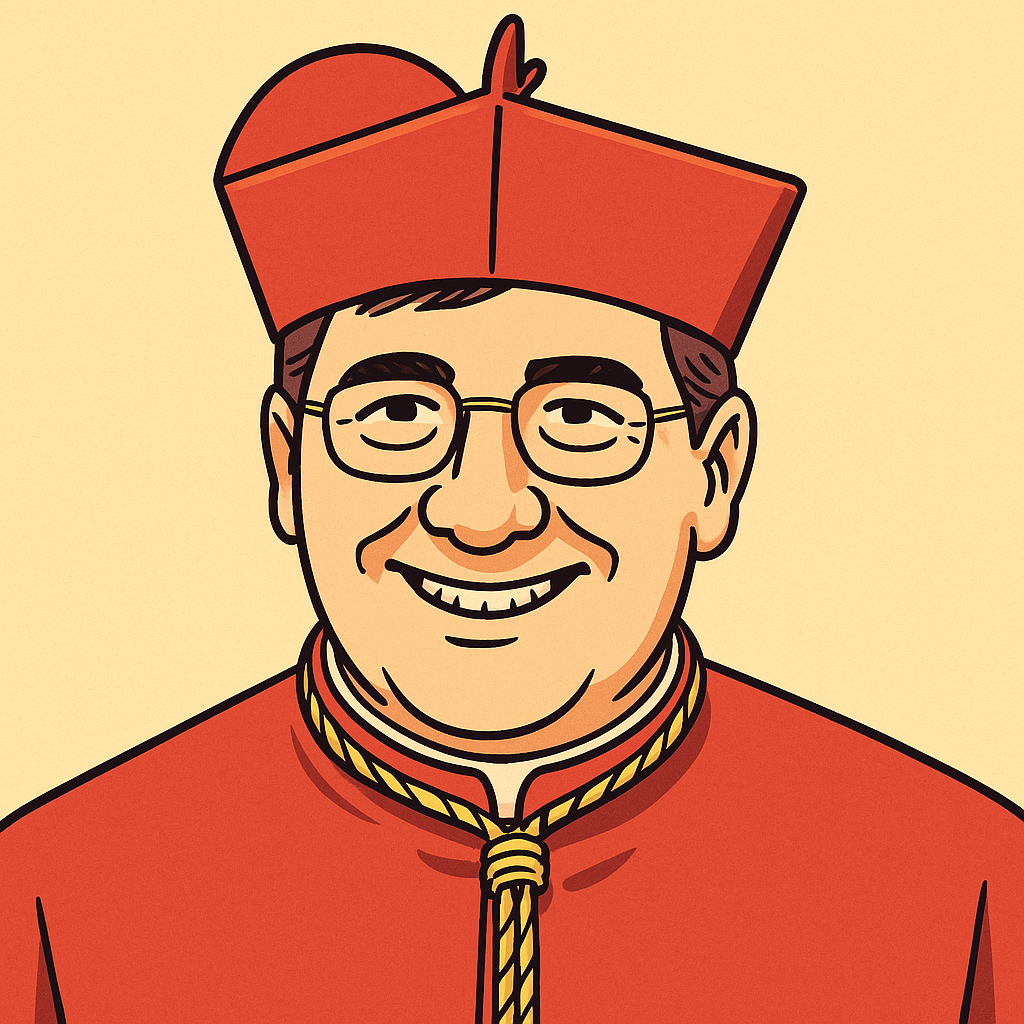
Canadian cardinal, Archbishop of Toronto, relatively new to the episcopate, known for his doctrinal fidelity and pragmatic pastoral approach.
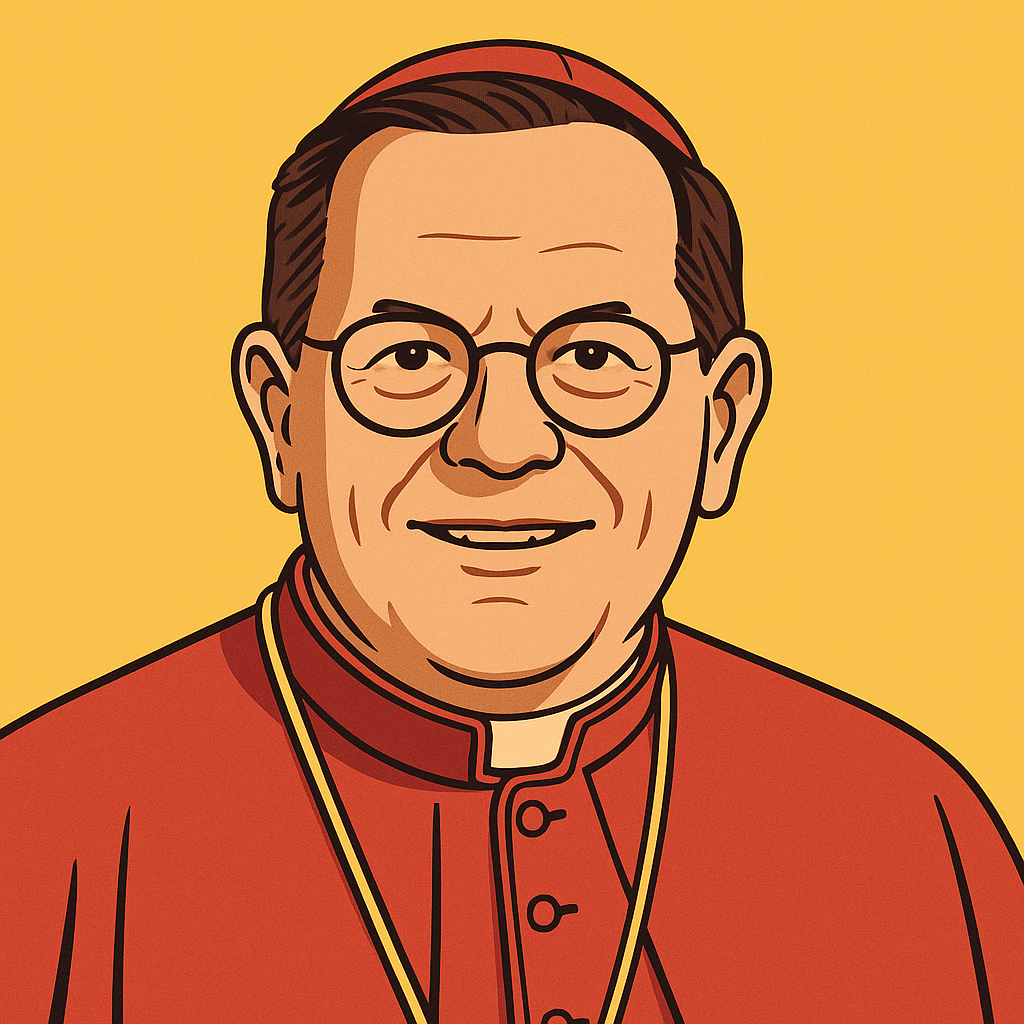
Canadian cardinal, Archbishop of Quebec, known for his balanced approach between fidelity to tradition and social engagement, in a context of secularization.
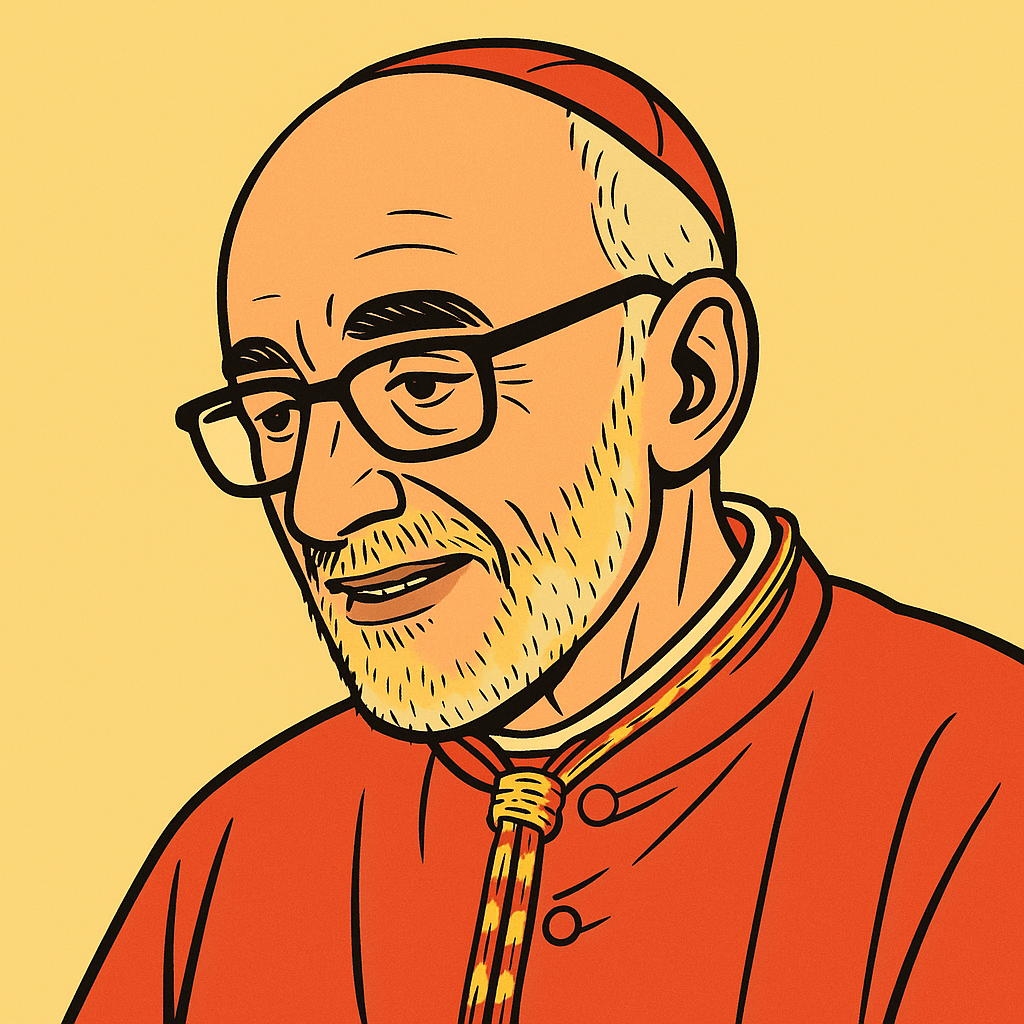
Canadian cardinal, Prefect of the Dicastery for Promoting Integral Human Development, Jesuit, known for his commitment to migrants and refugees and his progressive social vision.

Netherlands
Dutch cardinal, Archbishop of Utrecht, physician and bioethicist, known for his very conservative positions on bioethical and moral issues, and his defense of traditional doctrine.
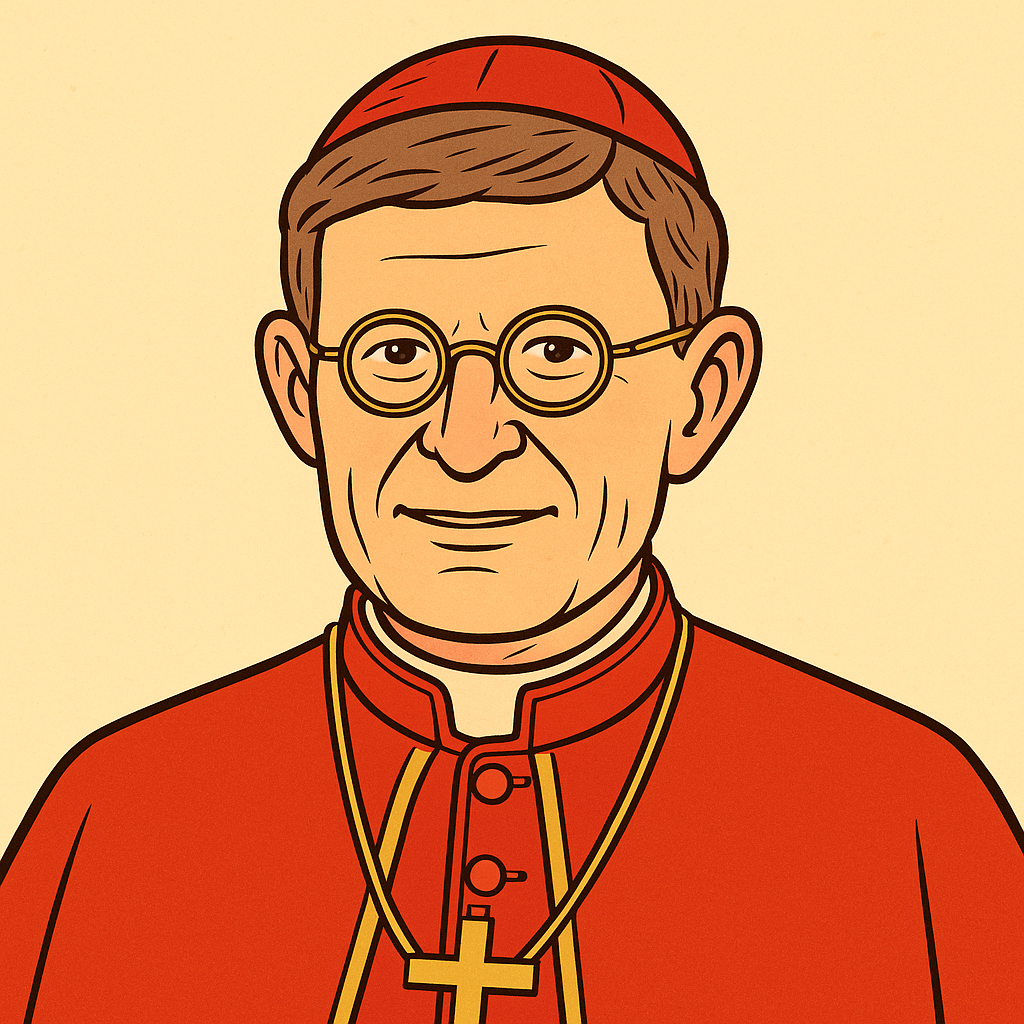
Germany
German cardinal, Archbishop of Cologne, known for his conservative positions and controversial leadership, particularly in handling sexual abuse and his opposition to certain reforms.
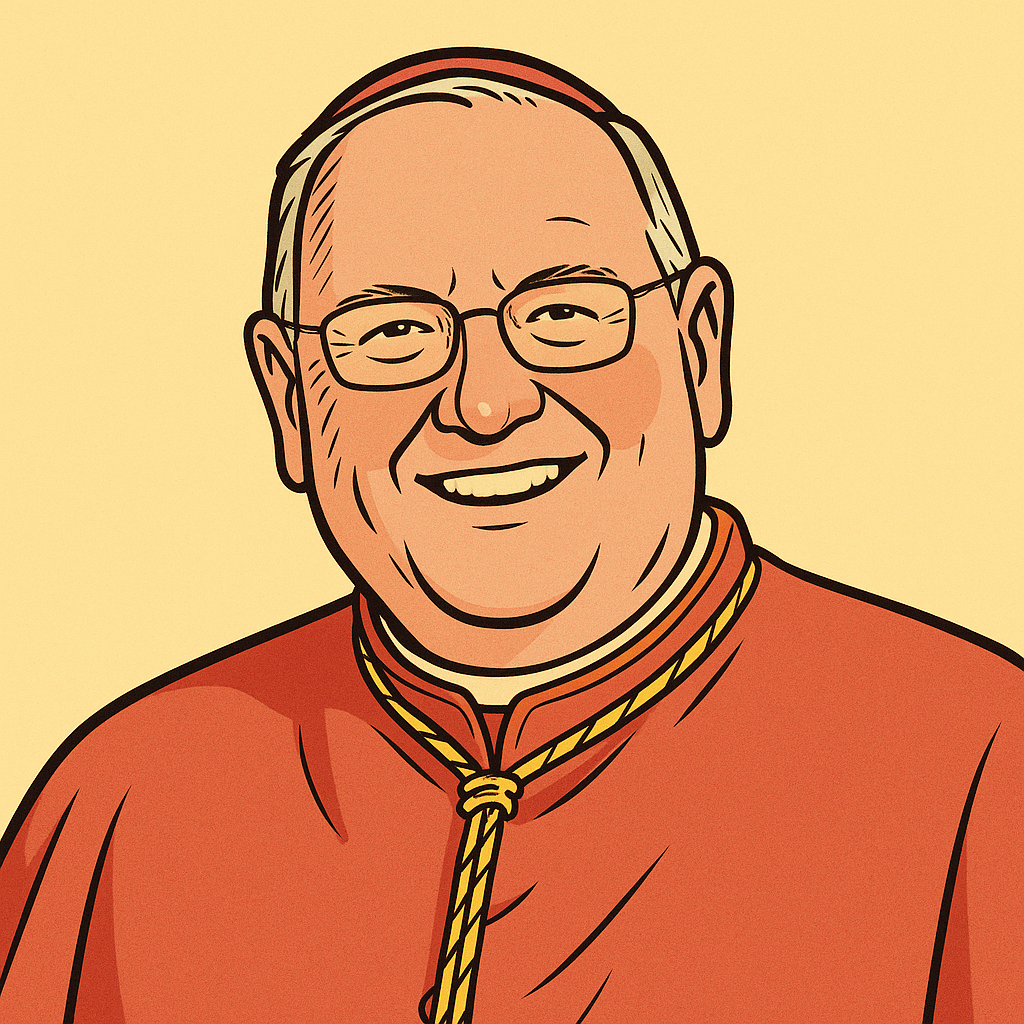
United States
American cardinal, Archbishop of New York, known for his media charisma and balanced leadership, combining social commitment and defense of Catholic tradition and moral values.
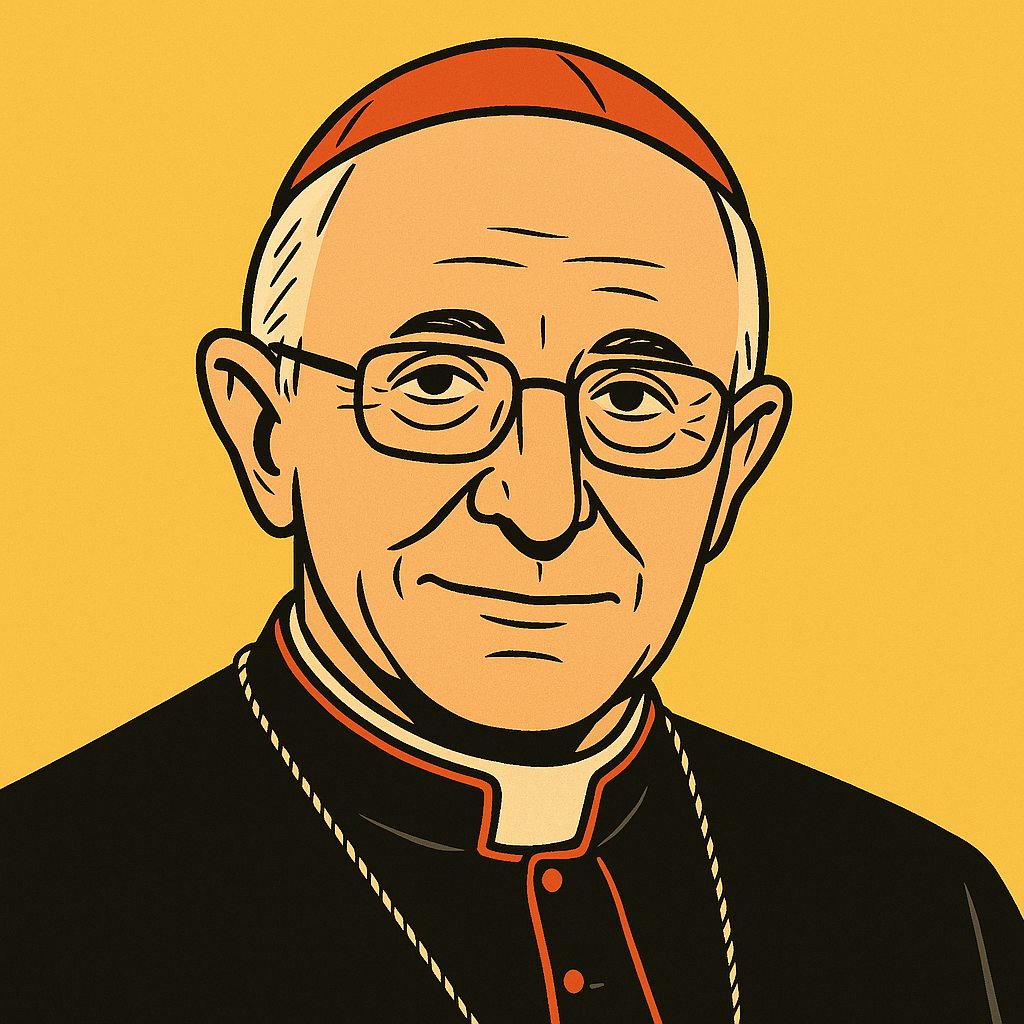
Italy
age: 79
Italian cardinal, Grand Master of the Order of the Holy Sepulchre, former prefect of the Congregation for the Evangelization of Peoples, known for his missionary and diplomatic experience.
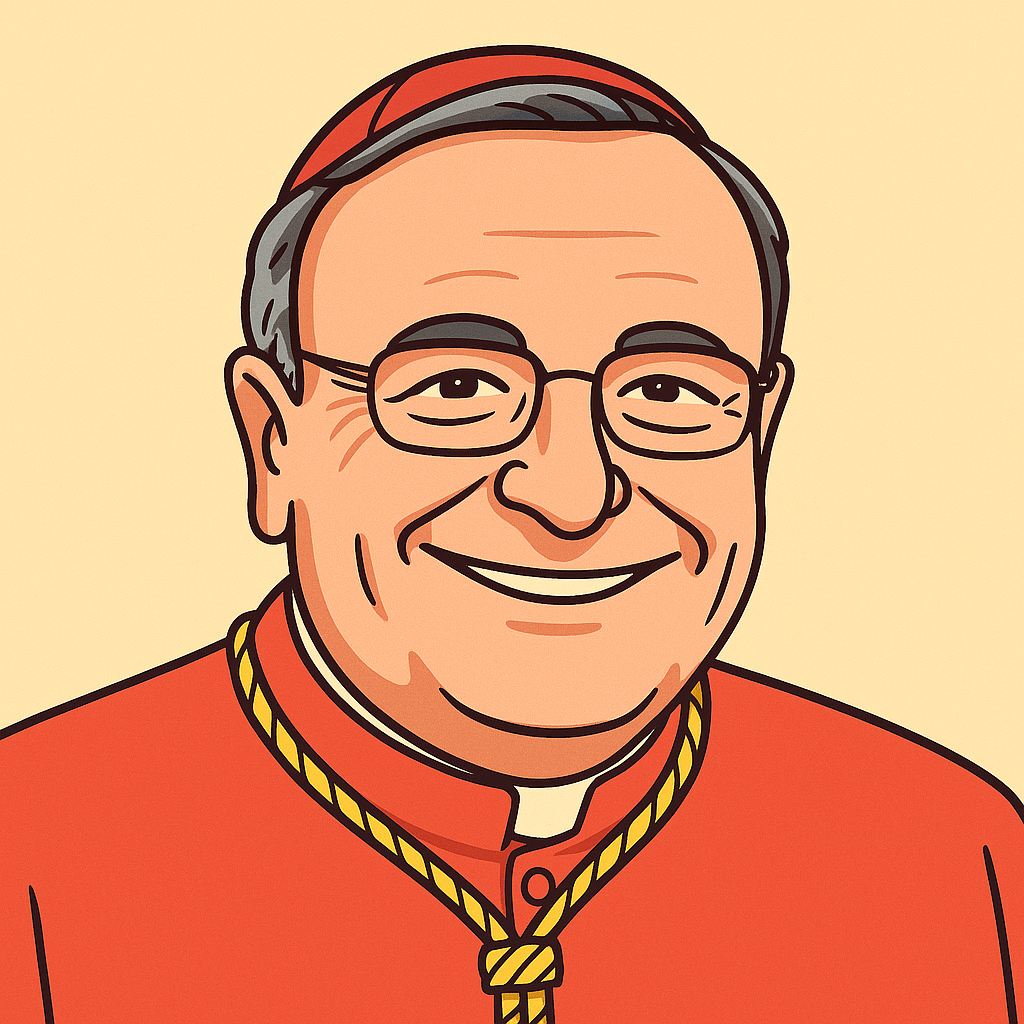
Italy
age: 79
Italian cardinal, Archbishop Emeritus of Agrigento, known for his commitment to migrants and his open pastoral approach while remaining faithful to tradition.
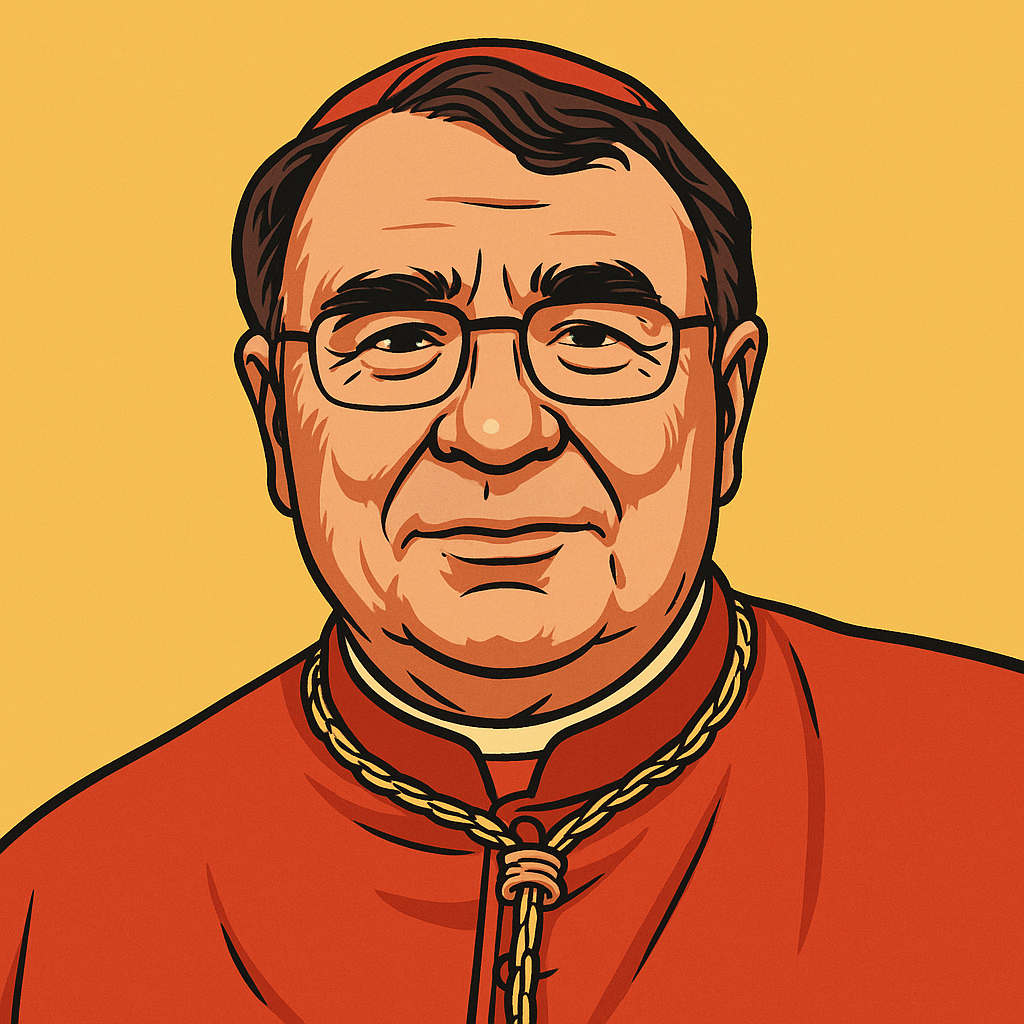
France
age: 79
French cardinal, apostolic nuncio to the United States, known for his diplomacy and moderate approach, seeking to maintain unity despite divisions.
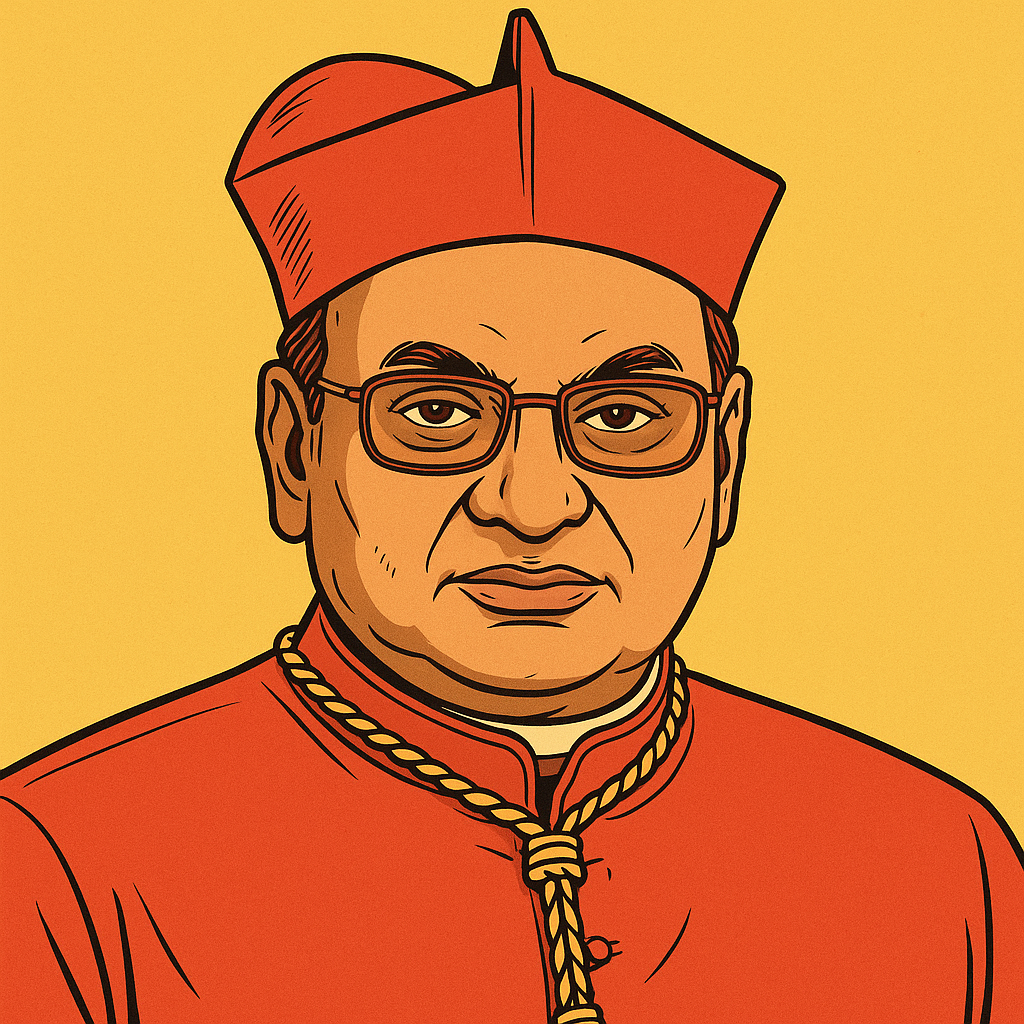
Sri Lanka
Sri Lankan cardinal with strong traditionalist positions, known for his attachment to traditional liturgy and defense of Catholic doctrine.

Germany
German cardinal, former prefect of the Congregation for the Doctrine of the Faith, known for his very conservative positions and vigorous defense of traditional doctrine.
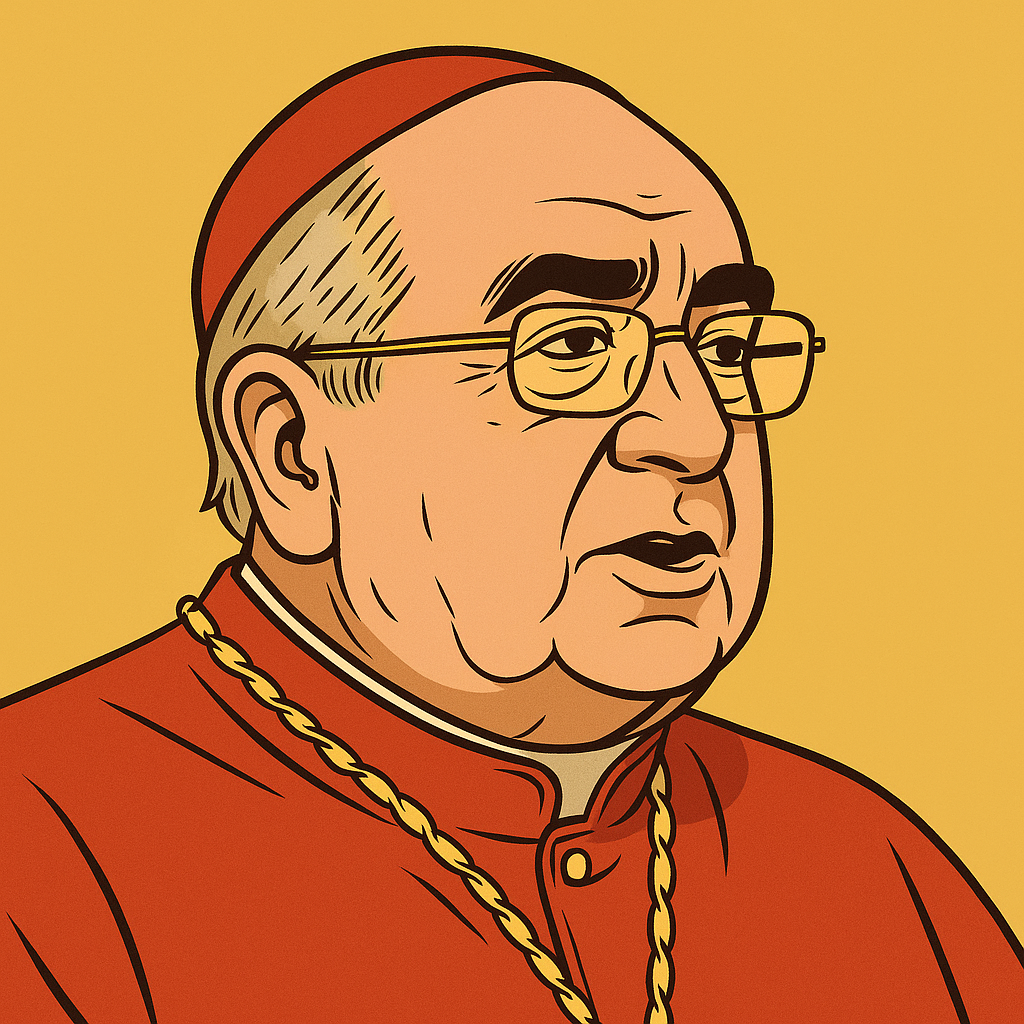
Poland
Polish cardinal, Archpriest of the Basilica of Saint Mary Major, known for his conservative positions and experience in lay ministry, in the tradition of John Paul II.

Germany
German cardinal, former prefect of the Congregation for the Doctrine of the Faith, known for his very conservative positions and vigorous defense of traditional doctrine.

Poland
Polish cardinal, Archpriest of the Basilica of Saint Mary Major, known for his conservative positions and experience in lay ministry, in the tradition of John Paul II.
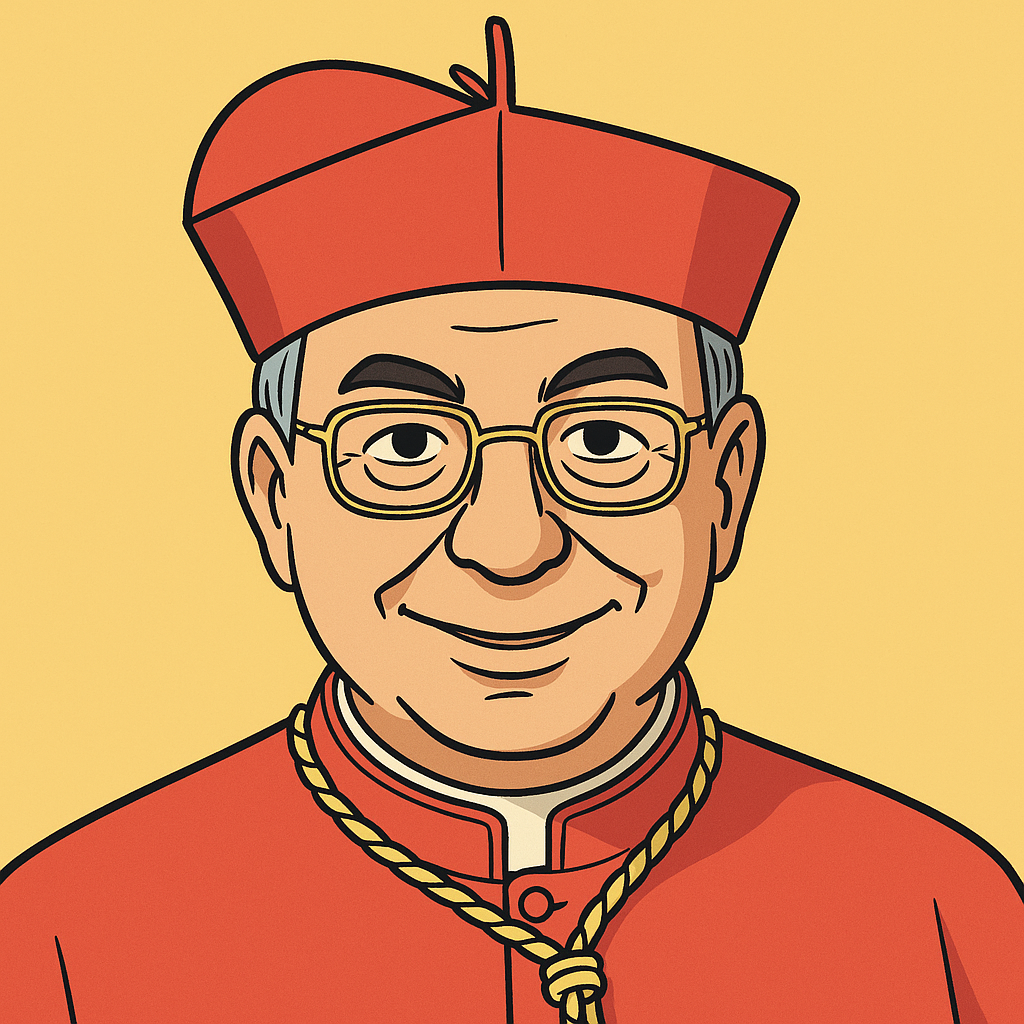
France
French cardinal, Prefect of the Supreme Tribunal of the Apostolic Signatura, known for his legal expertise and traditional doctrinal positions.

United States
American cardinal, Archbishop of New York, known for his media charisma and balanced leadership, combining social commitment and defense of Catholic tradition and moral values.
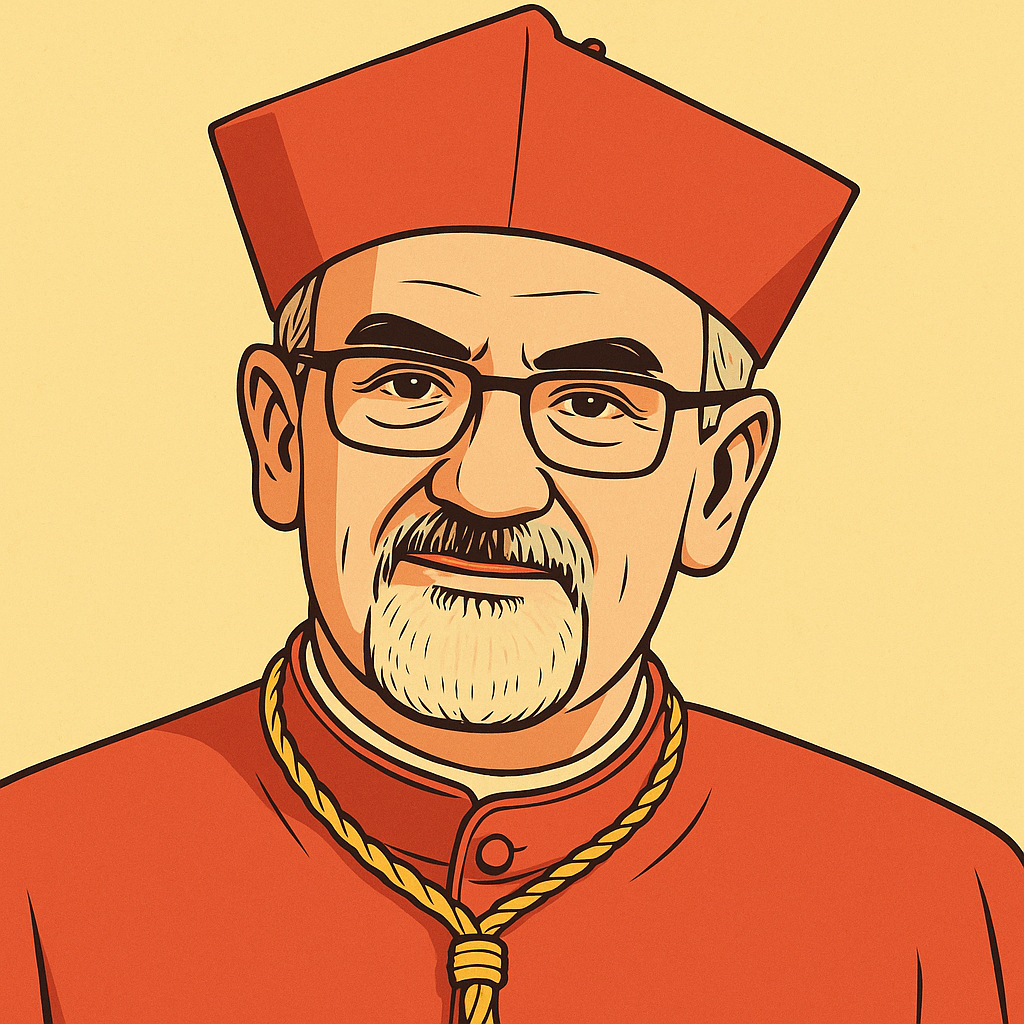
Israel
Italian cardinal, Latin Patriarch of Jerusalem, Franciscan, known for his expertise on the Middle East and his balanced leadership in a context of political and religious tensions.

Switzerland
Swiss cardinal, president of the Dicastery for Promoting Christian Unity, known for his theological expertise and ecumenical commitment, with a moderately conservative doctrinal position.
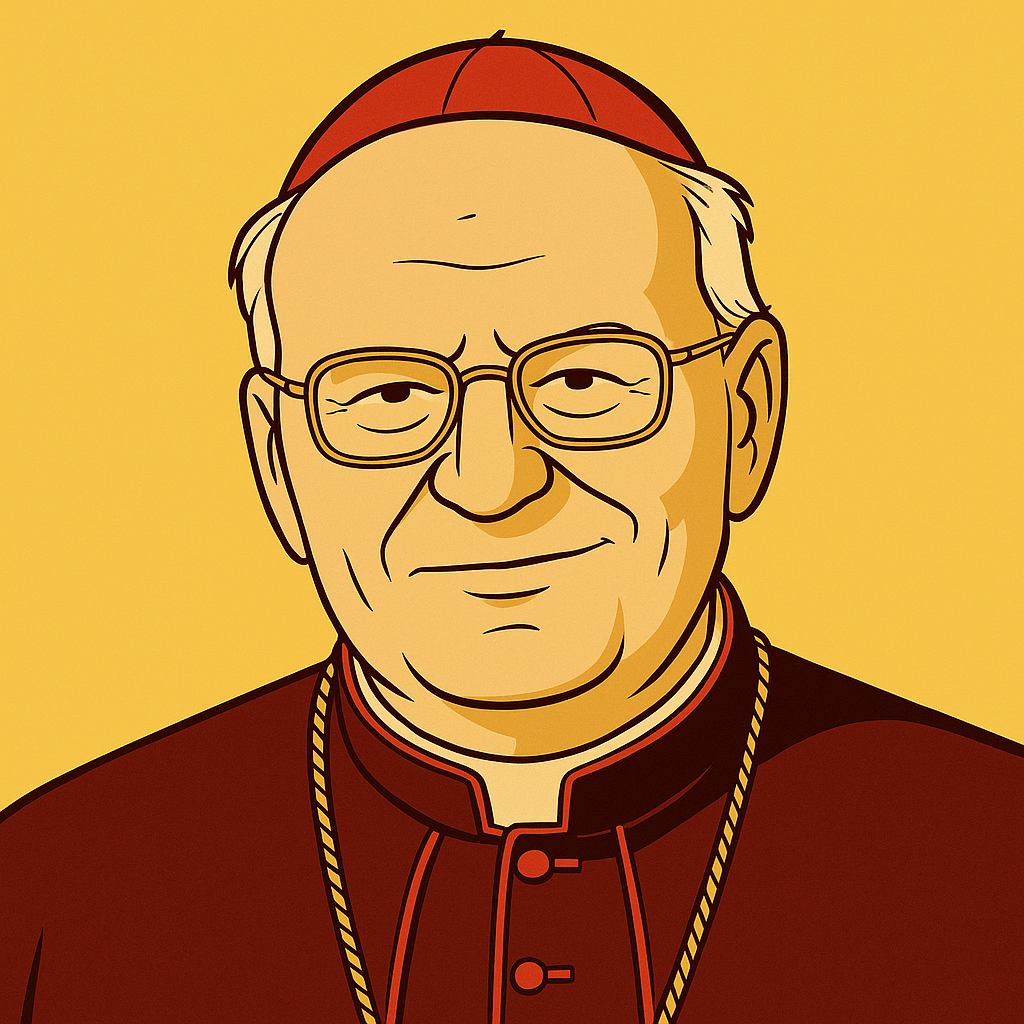
Hungary
Hungarian cardinal, Archbishop of Esztergom-Budapest, renowned canonist, known for his conservative doctrinal positions and his influential role in the Church of Central Europe.

United States
American cardinal, Archbishop of New York, known for his media charisma and balanced leadership, combining social commitment and defense of Catholic tradition and moral values.
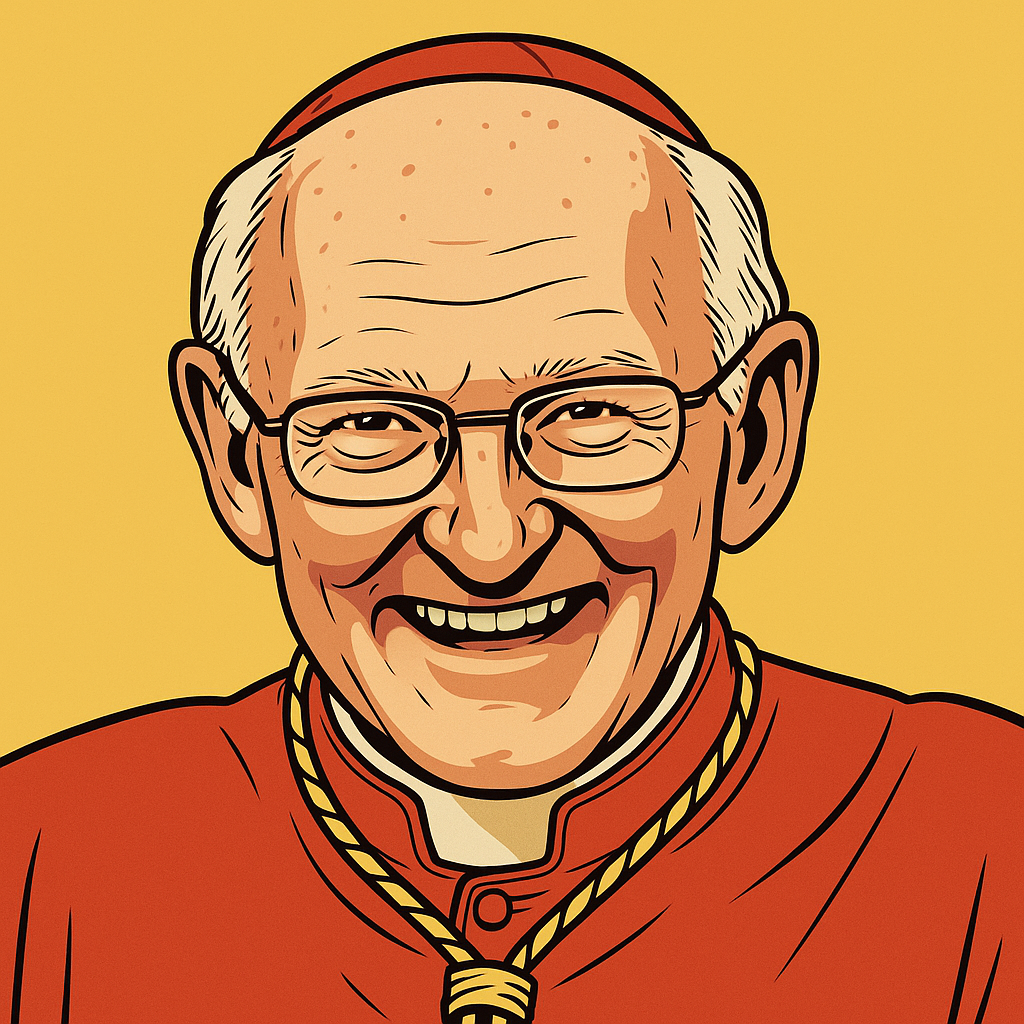
United States
American cardinal, Archpriest of the Basilica of Saint Paul Outside the Walls, former Prefect of the Papal Household, known for his conservative positions and administrative experience at the Vatican.

Netherlands
Dutch cardinal, Archbishop of Utrecht, physician and bioethicist, known for his very conservative positions on bioethical and moral issues, and his defense of traditional doctrine.

Hungary
Hungarian cardinal, Archbishop of Esztergom-Budapest, renowned canonist, known for his conservative doctrinal positions and his influential role in the Church of Central Europe.

United States
American cardinal, Archbishop of New York, known for his media charisma and balanced leadership, combining social commitment and defense of Catholic tradition and moral values.

Hungary
Hungarian cardinal, Archbishop of Esztergom-Budapest, renowned canonist, known for his conservative doctrinal positions and his influential role in the Church of Central Europe.

United States
American cardinal, Archbishop of New York, known for his media charisma and balanced leadership, combining social commitment and defense of Catholic tradition and moral values.

Myanmar
Burmese cardinal, the first from his country, known for his commitment to peace and reconciliation, combining respect for tradition and interreligious dialogue.